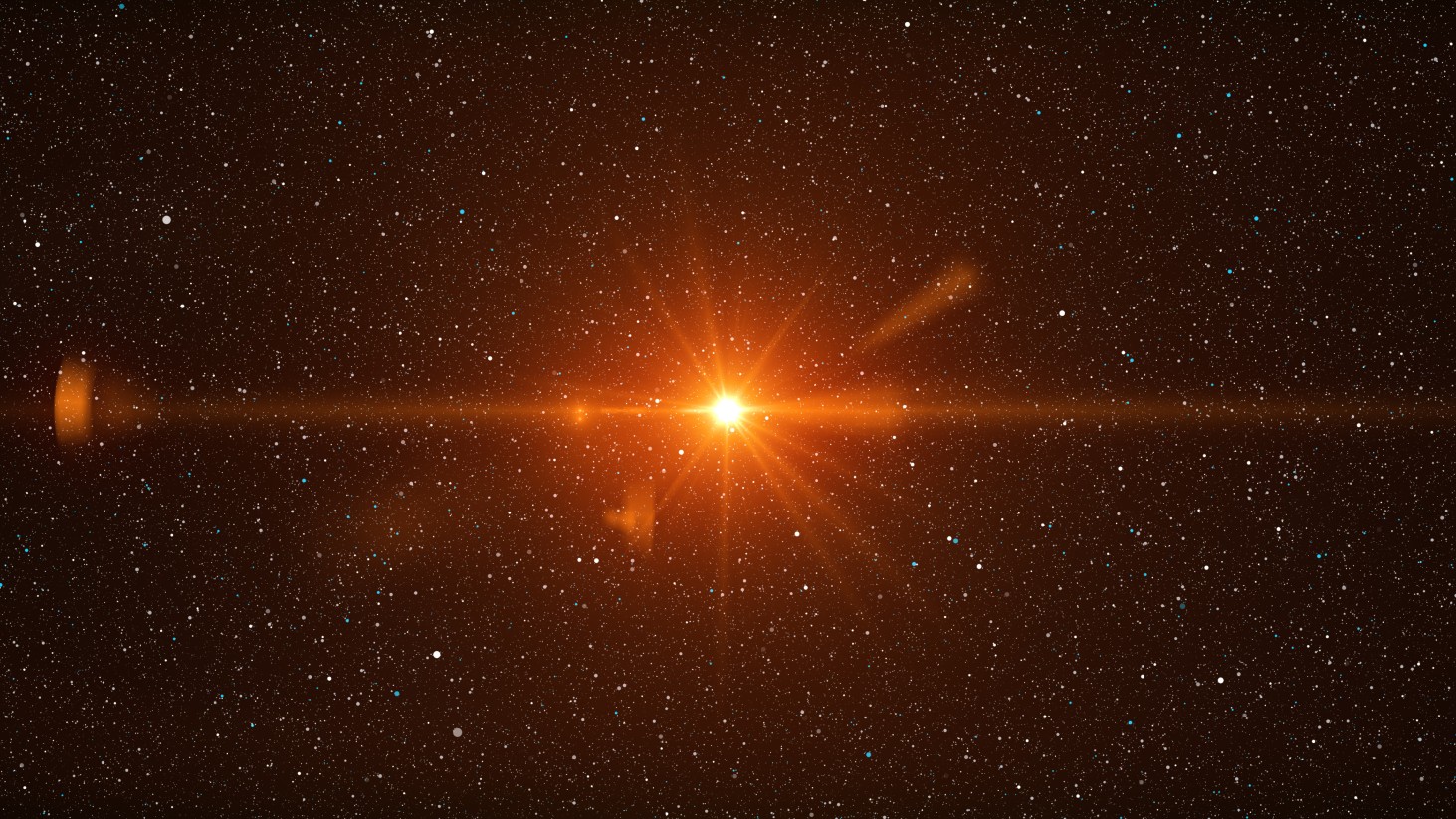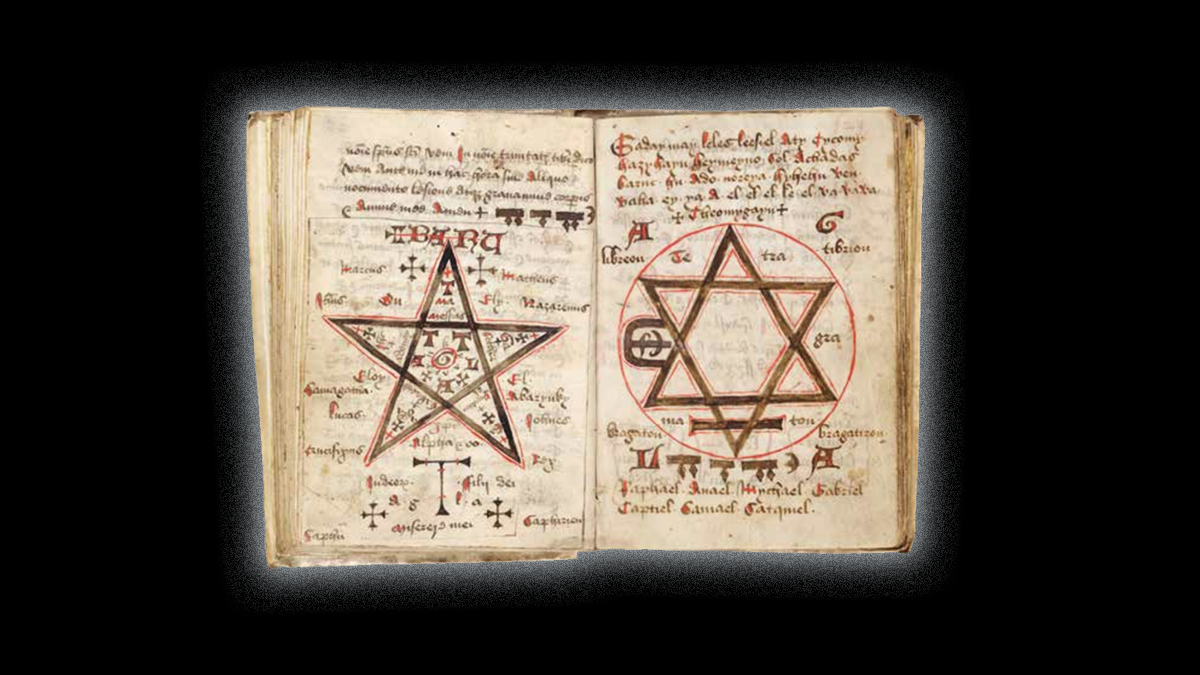Perhaps the depth and complexity of the human voice explains radio’s unique power as a storytelling medium.
Jad Abumrad: I’m a TV junky, so I like pictures. I like images. And radio doesn't have that, which might initially seem weird but it’s kind of . . . ultimately, the coolest thing about radio is what it lacks. It’s somehow empowered by it, by the absence of pictures, because what that enables is the simple act . . . like, I could describe something to you . . . like, when I walked up the stairs to come into the studio, the sun was out, and the sun had this weird kind of peachy white hue that was kind of like the color of a fox’s belly or something. Like, you maybe just imagined something, right?
Well, think about what just happened there - like, in a sense, I’m painting something but I’m not holding the paintbrush. You are. So it’s this deep act of co-authorship, and in that is some potential for empathy, I think, that somehow we’re doing it together because we have to fill this gap of picturelessness together. We have to somehow be connected. I love that about radio.
As much as I watch - I mean, I’ve watched so much TV it’s kind of shocking, but I love the immediacy and the connection that you can have with another person through radio, and I think it has something to do with this co-imagining that happens. If I do my job right, then you - if I can put certain images and feelings into your head, then I know we can connect.
No matter what you do to it, no matter what new techniques you inject, I mean, the power of this medium is rooted in the human voice. And the human voice has so much information in it - the vibrations of the voice, the way the voice rises and falls. The musicality of the human voice is the engine of everything that we do.
So perhaps that's why radio never dies. It’s supposed to have died about 50 times by now, and I’m sure it will be declared dead 50 more times. But there's something that happens when you turn on the radio and someone's talking to you, and they're talking to just you, and there's an immediacy and an intimacy that can happen that I kind of feel inoculates this technology from ever dying. At least I hope so. That's my bet, professionally speaking.
Directed / Produced by
Jonathan Fowler & Elizabeth Rodd





